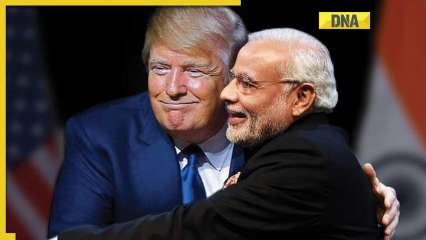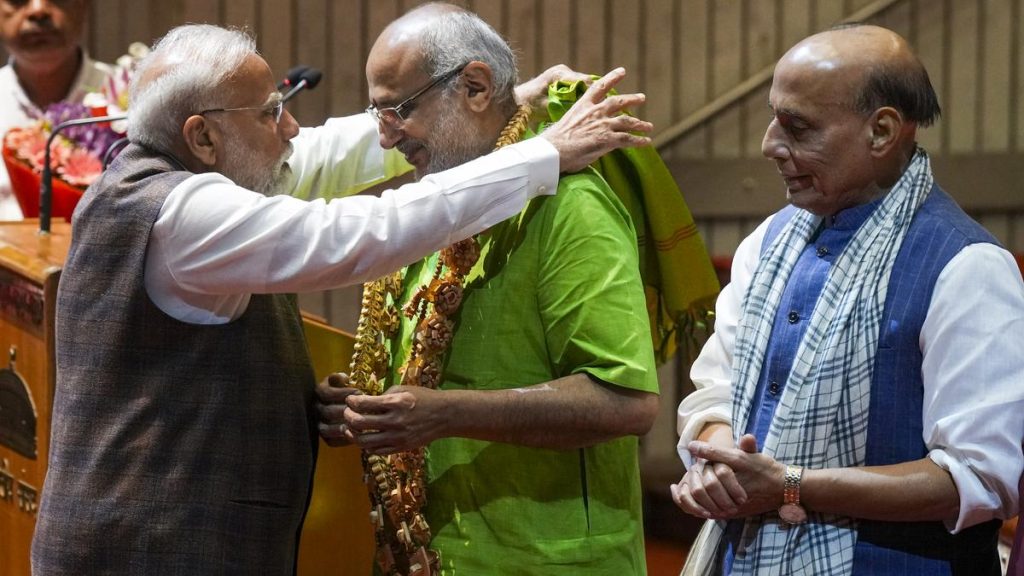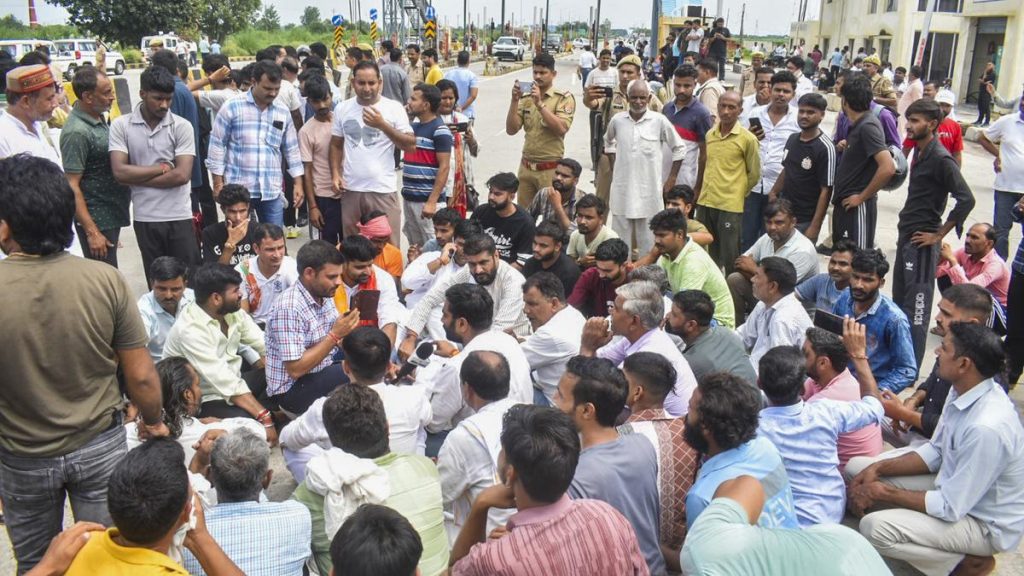Now Reading: Donald Trump’s 26% Tariff: Impact on India’s Economy and Key Sectors
-
01
Donald Trump’s 26% Tariff: Impact on India’s Economy and Key Sectors
Donald Trump’s 26% Tariff: Impact on India’s Economy and Key Sectors

Rapid Summary
- India-US bilateral trade in 2024 amounted to $129.2 billion, with Indian imports valued at $87.4 billion and US exports totaling $41.8 billion. The US faced a trade deficit of $45.60 billion.
- Key Indian exports to the US include pharmaceuticals, electronics ($14 billion), gems and jewelry ($9 billion), petroleum products, gold jewelry, telecom equipment, and cotton garments.
- A new 26% tariff announced by Donald Trump is set to increase costs for Indian exports in electronics and gems/jewelry sectors significantly-potentially adding an extra $6.76 billion in tariffs for these items alone.
- Pharmaceuticals, energy equipment, copper, semiconductors, precious metals like gold/silver remain exempt from these higher tariffs due to prior executive orders by Trump.
- India’s agriculture sector may face challenges due to heightened pressure from the US on removing non-tariff barriers and subsidies; a reduction could lead to increased imports of foreign produce such as wheat or poultry into India.
- Talks with the US Trade Representative on a Bilateral trade agreement (BTA) may allow India opportunities for negotiation regarding reciprocal tariffs.
Indian Opinion Analysis
The introduction of steep reciprocal tariffs by the United States creates immediate challenges for India’s export landscape while amplifying concerns over certain vulnerable sectors like agriculture and electronics manufacturing. The disproportionality in import vs export volumes further compounds uncertainties for India’s economy amidst this policy shift.
While exemptions on pharmaceuticals remain meaningful-and crucial given their export value-the looming tariff impact on electronics and gems/jewelry undermines competitiveness in global markets were low-cost production has been a defining strength of Indian manufacturers.
India’s agricultural industry finds itself especially exposed owing not only to demand-side pressures but also potential excess supply flooding domestic markets if tariff adjustments are made as per American demands-which could destabilize incomes across rural farming communities.
However, upcoming BTA negotiations offer room for dialog that can potentially ease such burdens through nuanced concessions or tailored agreements highlighting mutual benefits rather than strictly adversarial measures.
Efforts should focus not just on minimizing direct losses but also leveraging diplomacy strategically during talks-to safeguard economic stability without compromising too heavily on key domestic interests like employment rates or currency health.




























